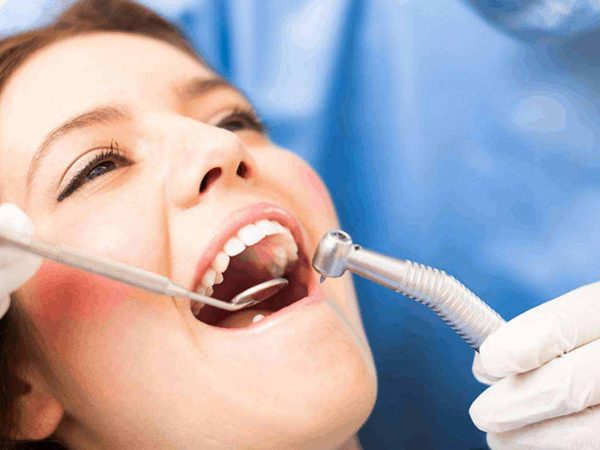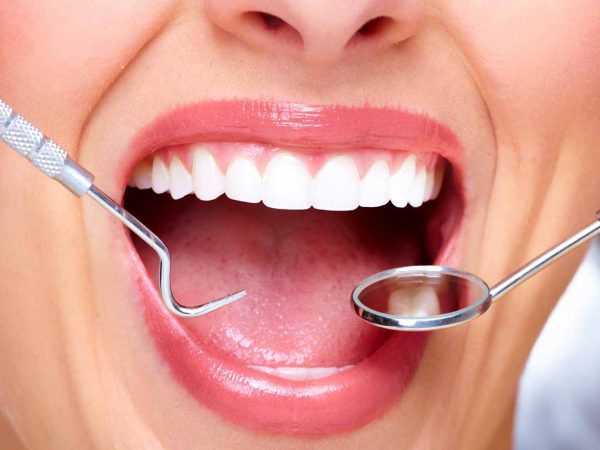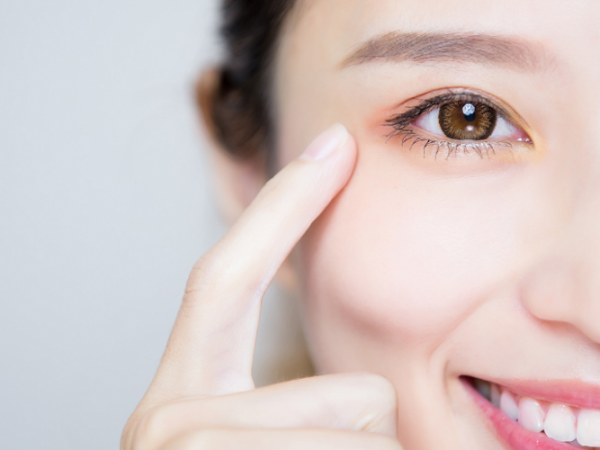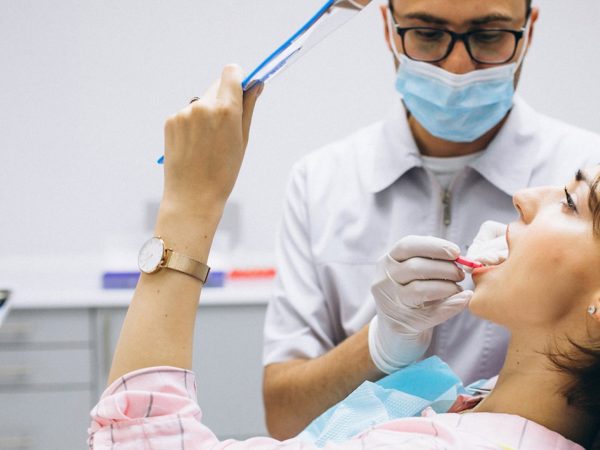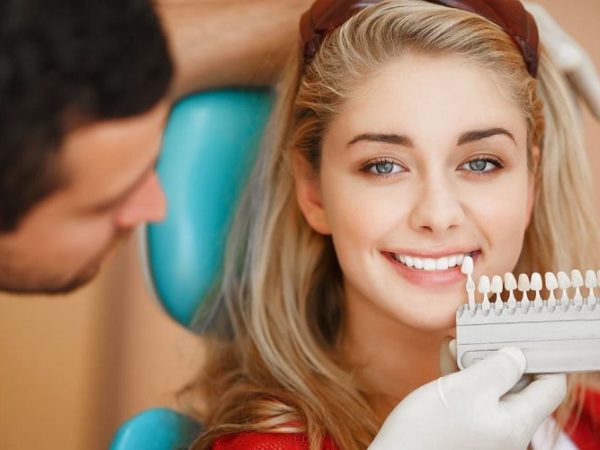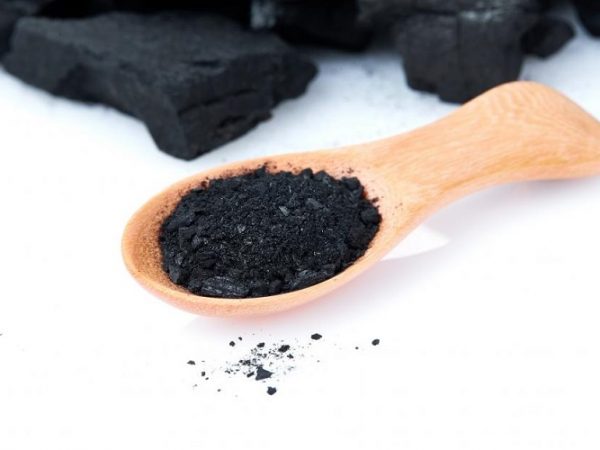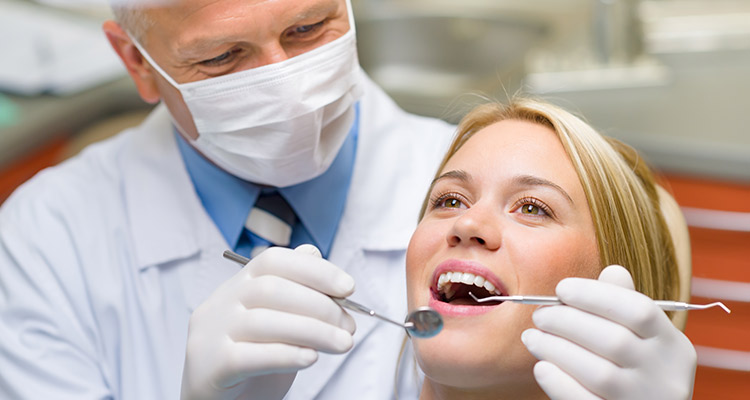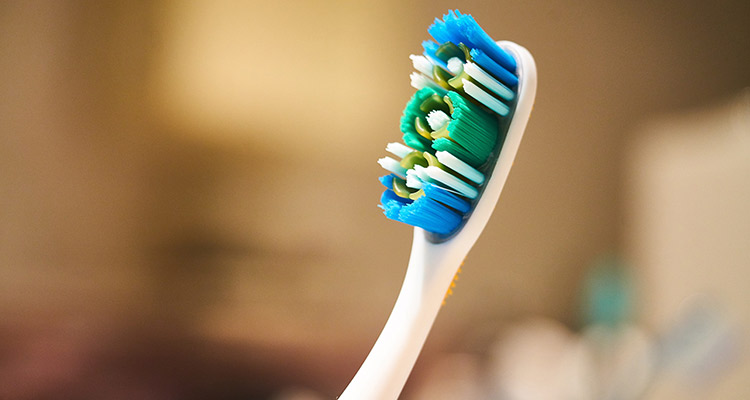Whether you call it the siwak, miswak, or a twig doesn’t matter. All that matters is the fantastic perks that this twig offers its users. Derived from the Salvadors Persica tree, miswak is a sustainable oral care approach discovered thousands of years ago.
If you are new to using herbal remedies in the oral world, you should probably check out the miswak.
Why is this twig more than just a twig? And what’s the hype about? Hang in there with us while we explore the most incredible benefits of this organic dental product.
Miswak Boosting Environmental Sustainability
Before we delve into the benefits of using Miswak instead of a toothbrush, we’ll explore its sustainability features. Miswak is a leading eco-friendly tooth care product in a world riddled with chemical pollution.
Here’s what you should know.
Biodegradable and Zero-Waste
Plastic toothbrushes are one of the main sources of pollution. But miswak stocks are entirely biodegradable.
Once used, they return to earth without any form of pollution. It boasts a zero-waste lifestyle and limits your ecological footprint. Put simply, this is the oral care product that promotes a healthier planet!
Sustainable Harvesting
Although it comes from a tree, the harvesting process is as sustainable as it can be. Miswak sticks are obtained in a way that encourages the pruning process. This means that the harvesting leads to healthier growth.
Hence, siwak’s use promotes biodiversity and contributes positively to the ecosystem, preventing deforestation.
Reducing Chemical Runoff
The natural compounds in this twig are harmless and don’t contribute to pollution in any way. Hence, using miswak means limiting the chemical runoff that may harm aquatic ecosystems.
7 Shocking Oral Benefits of Miswak
1. Prevents Cavities and Tooth Decay
Numerous foods out there have high sugar content. Since sugar is the leading cause of cavities and tooth decay, it’s safe to miswak, which is a lifesaver!
Miswak tackles cavities and tooth decay by boosting saliva production. Higher saliva production stops acidic buildup and clears the bacteria in your mouth.
In addition, miswak has some properties like sodium bicarbonate that protect your tooth from tooth cavities and decay.
2. Prevents Bad Breath
Several things cause bad breath, also called halitosis. However, the common reasons include strong-flavored food, plaque, or cavities. Luckily, miswack is a great herbal treatment for all these issues; it automatically keeps bad breath at bay. To crown it all, it leaves a pleasant fragrance in your mouth.
3. Natural Teeth Whitening
Do you have any stains or discoloration on your teeth? Miswak has abrasive and anti-bacterial agents that make your teeth whiter.
It works for stubborn stains like coffee or tobacco. It fights bacteria build-up automatically, sustaining the teeth’s whitish color. Say goodbye to those stains!
4. Stronger Gums
Your gums affect your overall dental health. That’s why most toothpaste companies boast stronger gums. Guess what natural product strengthens gums? Yea, miswak does. It also boosts your gum’s health by keeping your teeth bacteria-free and plaque-free.
5. Reduces Plaques and Bacteria
Plagues and bacteria build-up negatively affect your teeth, leading to discoloration, gum diseases, or enamel damage.
But miswak has abrasive agents or properties that take out plaque from your teeth. It also removes terrible bacteria that could complicate your oral health.
6. Remarkable AntiFungal Properties
Fungal buildup can be detrimental to your teeth. Luckily, continuous use of siwak fights multiple bacterial and fungi infections. Sometimes, it heals fungal infections that fail to leave even after medical treatment.
7. Attractive Gums
Toothbrush bristles may be too stiff on your gum– especially the hard ones. But this twig is soft on your gum and gives a pinkish hue that makes it look healthy and way better. You’ll have a tooth that’s healthy and looks it!
Non-Oral Benefits of Miswak
While it may seem like Miwak is just the answer to all your teeth worries, there’s more. Beyond being the best sustainable toothbrush, it has other non-dental benefits.
1. Aids Digestion
Taken on an empty stomach in the morning, miswak works magic for people with indigestion. Its common astringent properties make it a potent remedy.
2. Anti-Addiction
One of the many benefits of miswak is its sweet taste and smell. This same feature doubles as an anti-addiction feature. You can easily turn to a siwak to avoid smoking.
3. Reduces Cholesterol
To be sincere, we are all guilty of consuming unhealthy foods sometimes. But luckily, this herbal twig impedes cholesterol levels, boosting better health.
4. Better Period
Miswak tree bark has certain features that regulate the period. Anyone with irregular periods can use it as a treatment.
5. Protects from Cancer
This twig boasts antioxidants that shield you from cancer by accumulating health benefits. Plus, it contains a chemotherapy agent called benzyl isothiocyanate.
What are the Active Angets in Miswak?
You are probably wondering why it’s so effective– well, it has several active agents. Some of them include:
- Calcium
- Sulfur
- Vitamin C
- Tannis
- Essential oils
- Fluoride and chloride
- Alkaloids
- Resins
- Sodium Bicarbonate
How to Use a Miswak?
Using a miswak to brush your teeth is seamless. Let’s run you through the process:
- Cut the stem of a miswak into your preferred size
- Chew it until it starts having bristles
- Aftwrward, soak this side of the twig in rosewater or water for 7-8 hours. You don’t have to go through this process while reusing it, except it gets dried.
- Use the miswak to brush your teeth like a toothbrush. You can choose to avoid toothpaste entirely or use it, depending on your preference.
- The miswak can serve you 5 more times, after which you should trim off the bristles and repeat the process
Yes, it’s that simple!
Embracing Miswak in the Modern World
Although ancient, miswak holds the key to better, sustainable oral health. The benefits are endless, from giving fresher breath to making your breath whiter. However, one interesting fact is that it contains no chemicals and is fully biodegradable.
Miswak is undoubtedly the herb that does it all. Does this mean you should avoid toothbrushes altogether? Definitely not!
You may include it in your routine to maximize all the benefits. Guess what? It costs miswak and is highly cost-effective.
Consider this a green light if you are indecisive about trying this amazing herbal twig!

